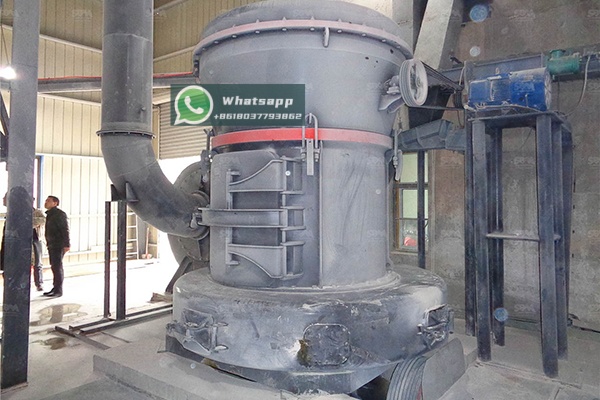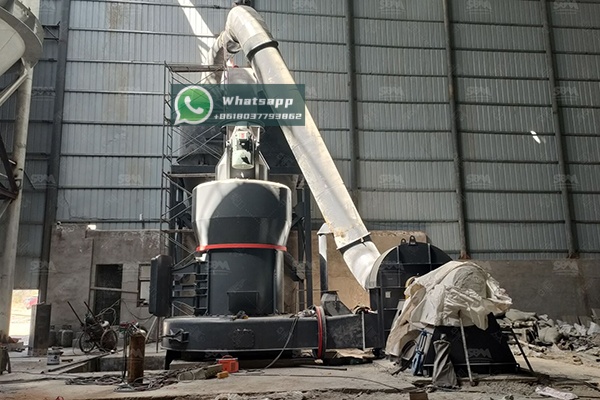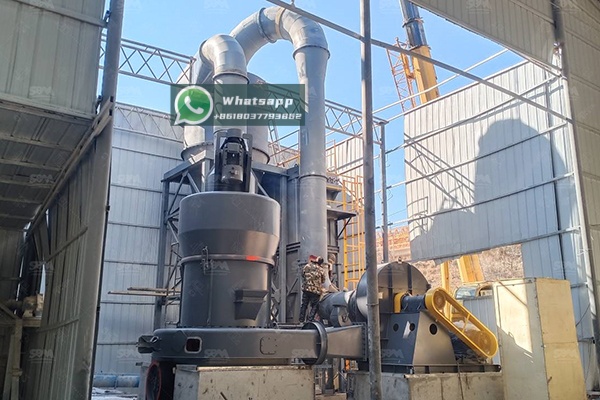The terrazzo flooring industry represents a perfect blend of artistry and engineering, creating durable, beautiful, and sustainable surfaces for commercial, residential, and public spaces. At the heart of this ancient craft, modernized for the 21st century, lies a critical process: the grinding of raw marble and granite into the precise aggregates that define terrazzo’s unique character. The quality, consistency, and fineness of these aggregates directly influence the final appearance, structural integrity, and performance of the installed floor. This article delves into the technical nuances of grinding marble and granite specifically for terrazzo, exploring the challenges, processes, and advanced machinery required to achieve excellence.

Before the grinding process begins, it is essential to understand the materials being processed. Both marble and granite are popular choices for terrazzo chips, but they possess distinct properties that influence the grinding approach.
Marble is a metamorphic rock composed primarily of calcite or dolomite. It is relatively softer than granite (typically 3-5 on the Mohs scale of hardness), which makes it easier to grind but also more susceptible to scratching. Its wide range of colors and veining patterns makes it highly desirable for creating aesthetic terrazzo designs. The key challenge in grinding marble is managing the heat generated during milling, as excessive heat can cause the calcite to decompose, leading to a loss of brightness and the formation of a dull powder.
Granite is an igneous rock consisting mainly of quartz, feldspar, and mica. It is significantly harder than marble (6-7 on the Mohs scale) and highly abrasive. This hardness demands more powerful grinding equipment and wear-resistant components. The presence of quartz, in particular, poses a challenge due to its high abrasiveness. However, granite aggregates offer superior durability and are ideal for high-traffic areas. The grinding process for granite must be robust enough to fracture the hard minerals consistently to the desired particle size.
The transformation of large marble and granite slabs into the chips used in terrazzo involves a multi-stage process. Each stage must be carefully controlled to produce aggregates that are clean, well-shaped, and of uniform size.
Large blocks or slabs are first reduced to smaller, manageable pieces (typically 50-100mm) using jaw crushers or impact crushers. This stage is about size reduction, not fineness.
The crushed pieces are further reduced in a cone crusher or hammer mill and then screened to separate aggregates into preliminary size fractions. Oversized material is recirculated for further crushing.
The crushed aggregates are washed to remove fine dust, dirt, and other impurities. This step is crucial for ensuring a strong bond between the chip and the cementitious or epoxy matrix in the terrazzo floor.
This is the most critical stage for defining the final quality of the terrazzo chip. The washed aggregates are fed into industrial grinding mills to achieve the precise particle size distribution required by terrazzo manufacturers. The goal is to produce sharp, angular chips rather than round pebbles, as angularity provides better mechanical locking within the matrix.

Producing high-quality terrazzo aggregates is not without its challenges. Manufacturers must address several key issues:
Overcoming these challenges requires sophisticated grinding technology. Traditional methods are often inefficient and lack the precision needed for modern terrazzo production. This is where specialized grinding mills from industry leaders like Shanghai Zenith Machinery Co., Ltd. make a significant impact. Zenith’s expertise in ultra-fine powder grinding is directly applicable to the demanding requirements of the terrazzo industry.
For the fine milling stage of marble, which is sensitive to heat, a mill that offers efficient grinding with minimal heat generation is ideal. For the tougher, more abrasive granite, a mill with robust construction and high grinding efficiency is paramount.
The MTM Medium-Speed Grinding Mill is an excellent choice for processing marble. Its advanced design and world-leading powder processing technology make it a superior substitute for traditional Raymond Mills. It features a curved air duct that reduces air flow resistance and an internal powder concentrator that ensures high classification efficiency. This results in a consistent product size with controlled heat output, preserving the brightness and quality of the marble powder.
| Model | Ring Roll Number (pcs) | Max. Feed Size (mm) | Output (t/h) | Main Unit Motor Power (kW) |
|---|---|---|---|---|
| MTM100 | 4 | <25 | 3-8 | 37 |
| MTM130 | 5 | <30 | 6-11 | 75 |
| MTM160 | 6 | <35 | 9-22 | 132 |
For the demanding task of grinding hard and abrasive granite, the LM Vertical Grinding Mill is a highly effective solution. Its unique design integrates crushing, grinding, powder selection, drying, and conveying into a single unit, offering a compact footprint and high efficiency. The material bed grinding principle reduces metal-to-metal contact, minimizing wear caused by abrasive minerals like quartz. This makes it exceptionally durable for granite processing. Furthermore, its ability to handle larger feed sizes and its high capacity make it ideal for large-scale terrazzo aggregate production.
| Model | Plate Diameter (mm) | Capacity (t/h) | Output Fineness (μm) | Max Feed Size (mm) | Main Motor (kW) |
|---|---|---|---|---|---|
| LM130K | 1300 | 10-28 | 170-40 | <38 | 200 |
| LM190K | 1900 | 23-68 | 170-40 | <45 | 500 |
| LM280K | 2800 | 50-170 | 170-45 | <50 | 1250 |

The quality of a terrazzo floor is intrinsically linked to the quality of its constituent aggregates. The process of grinding marble and granite for this purpose is a precise science that demands the right technology. By understanding the material properties and employing advanced, reliable grinding equipment like the MTM and LM mills from Shanghai Zenith Machinery, producers can ensure they deliver consistent, high-performance aggregates to the terrazzo industry. This commitment to quality at the raw material level empowers terrazzo contractors to create stunning, long-lasting floors that will endure for decades, marrying timeless beauty with modern manufacturing excellence.